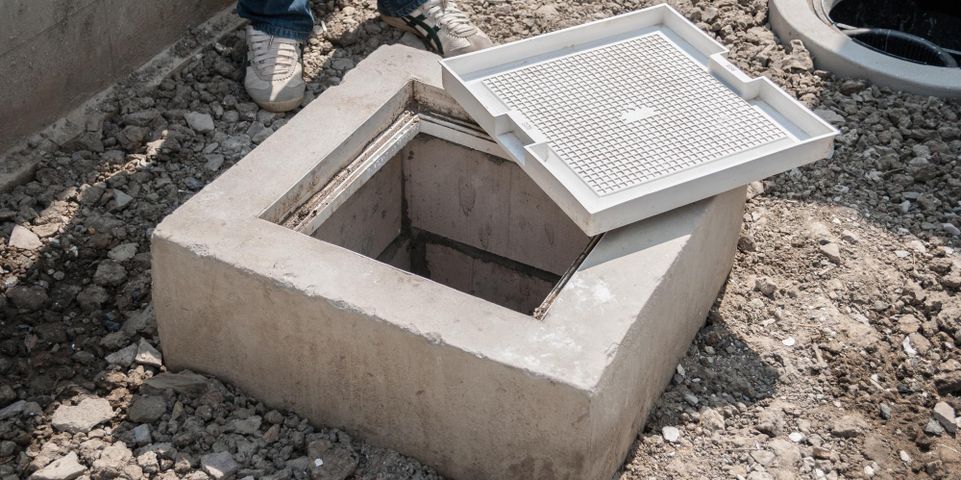
Grease is a crucial factor to consider, no matter which type of septic system you use. Grease traps ensure the system correctly disposes of wastewater and the oils that can solidify in the pipes. Here are some common questions about these devices.
Popular Questions About Grease Traps
What is a grease trap?
Before wastewater flows into the septic system for disposal, it goes through a grease trap. Functioning like a filter, the mechanism catches fats, oils, and sludge so that these materials don’t flow into pipes and clog them. Smaller traps fit under the counter, while others — interceptors — hold over 1,000 gallons and are installed underground.
Why should I have one?
If you plan on discharging grease, oils, or any excess food particles down the drain, a grease trap is highly useful. Once this sludge gets into the sewer system, it can harden and lead to blocked lines. It may also cause the system to overflow, causing water damage and exposing people to harmful bacteria.
What happens if I don’t have one?
 Any commercial kitchen that operates without a grease trap will inevitably need septic tank maintenance and potentially even repairs. Clogged lines and even tank ruptures are common problems. You’ll likely incur more repair and servicing costs for your septic system than you would from simply having a grease trap installed.
Any commercial kitchen that operates without a grease trap will inevitably need septic tank maintenance and potentially even repairs. Clogged lines and even tank ruptures are common problems. You’ll likely incur more repair and servicing costs for your septic system than you would from simply having a grease trap installed.
How can I service my grease trap?
If you have a grease trap at your business or home, have it checked regularly. Schedule service annually, at least, or as soon as you notice the system is overflowing. Have an expert pump your trap to remove any hardened sludge and prevent problems.
Whether you need grease trap pumping or septic tank cleaning from years of not having a trap, consider Cox’s Septic Service in Corbin, KY. They have a wide range of septic system services and years of experience, making them fully equipped to handle all your needs. Explore their offerings online, and call (606) 528-4782 today to schedule service.
About the Business
Have a question? Ask the experts!
Send your question

